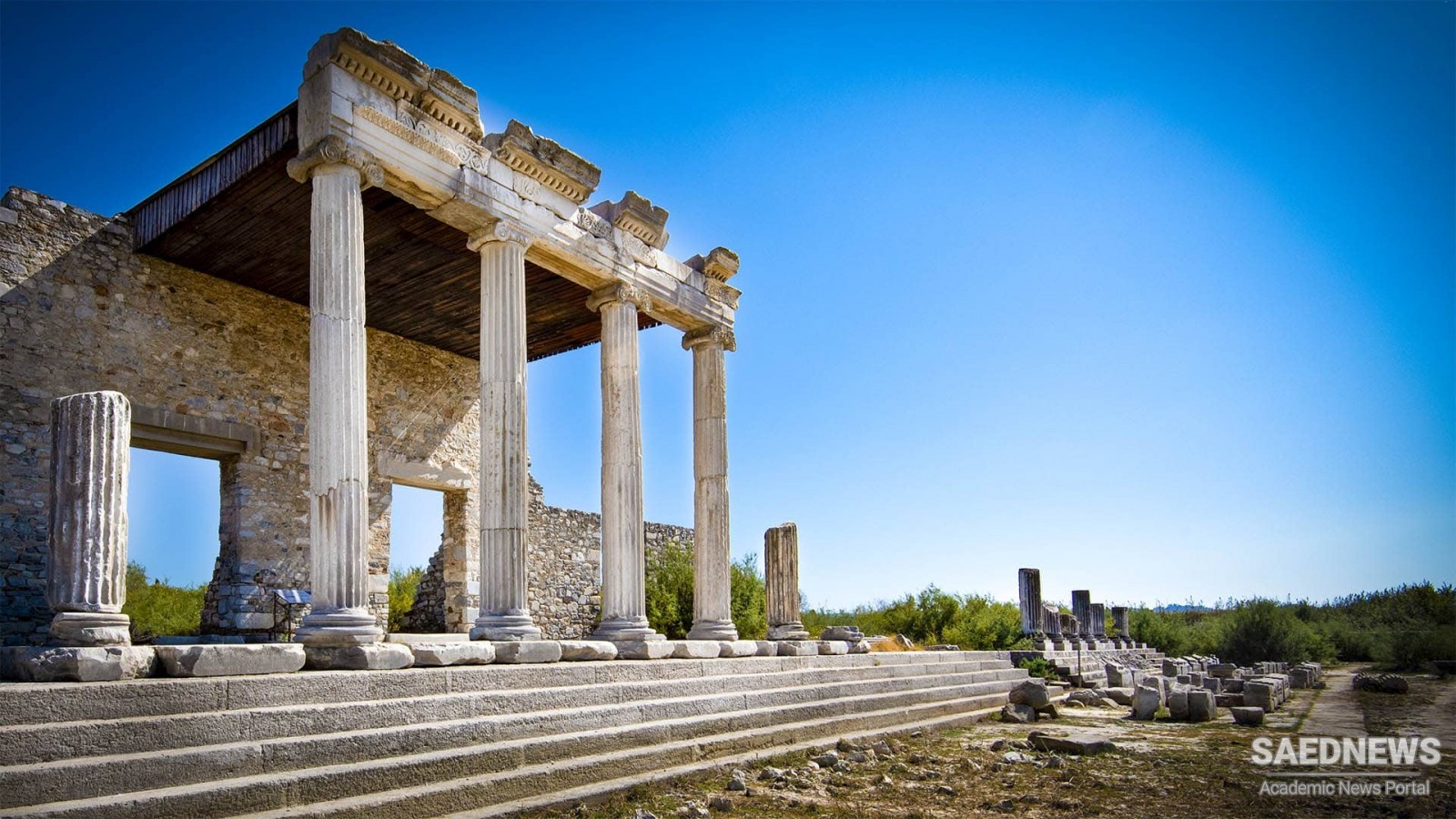When it seemed to Cyrus the Younger time to march upcountry, he used the pretext that he wished to expel the Pisidians from his land altogether, and it was ostensibly against them that he gathered together both his barbarian and his Greek force. He then also ordered both that Clearchus report there with whatever army he had and that Aristippus reconcile with those at home and send him the army he had. Xenias the Arcadian, who led the mercenary force in the cities for him, he ordered to come with all his troops, except a number suffi - cient to guard the acropolis of each city. He summoned also those who were besieging Miletus, and he bade the exiles campaign withhim, promising that if he accomplished nobly the object of his campaign, he would not cease until he restored them to their homes. They obeyed with pleasure, for they trusted him; and they reported to Sardis with their weapons. Xenias arrived in Sardis with up to four thousand hoplites from the cities; Proxenus was present with one thousand five hundred hoplites and five hundred light-armed troops; Sophaenetus the Stymphalian with one thousand hoplites; Socrates the Achaean with about five hundred hoplites; and Pasion the Megarian arrived with three hundred hoplites and three hundred peltasts. Both he and Socrates were among those who had been campaigning over Miletus. (Anabasis, Book I, Chapter 2).


 Cyrus the Younger Coalesces with Guest Friends to Beat the Rivals
Cyrus the Younger Coalesces with Guest Friends to Beat the Rivals














































